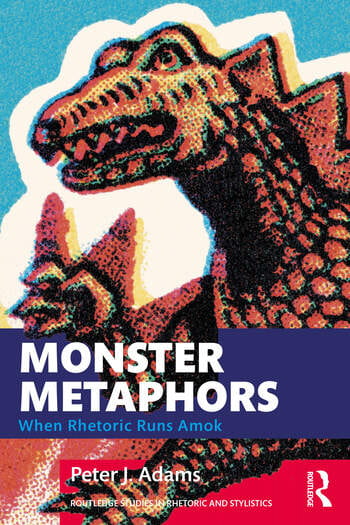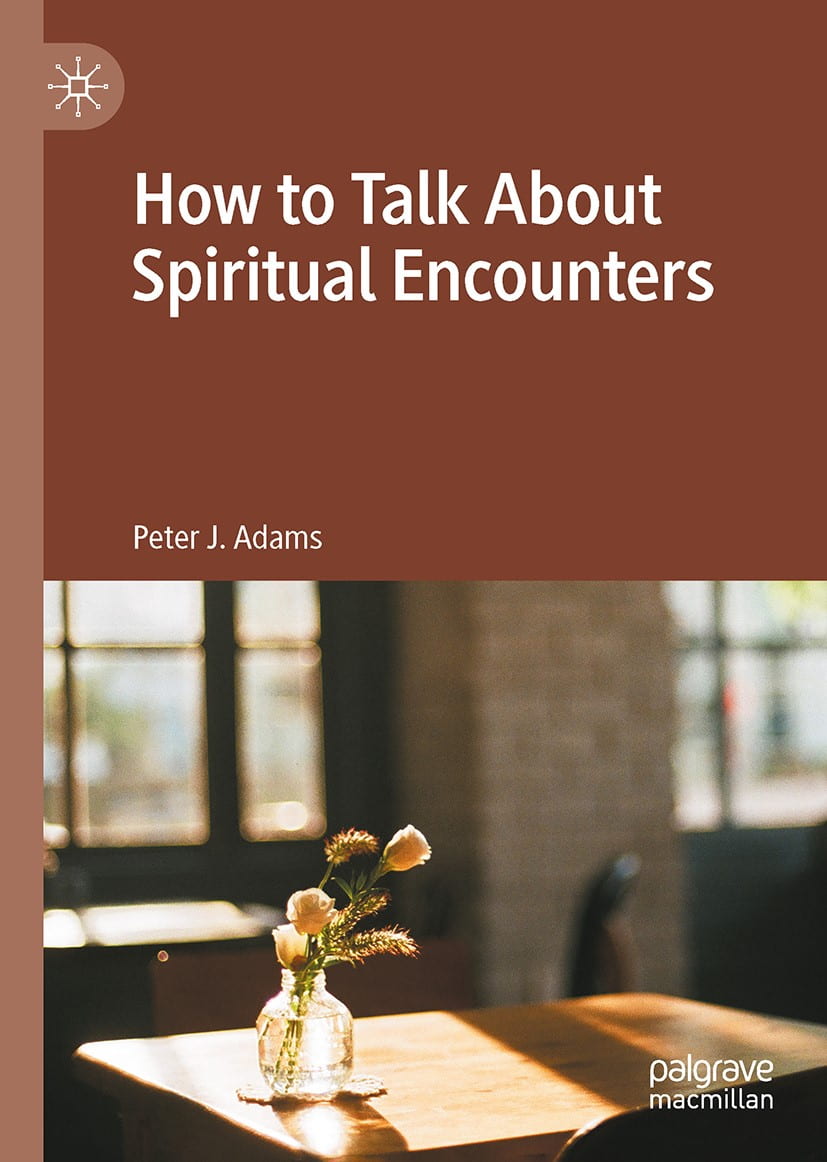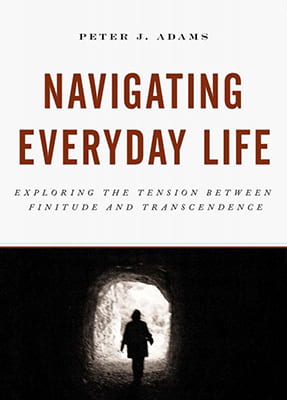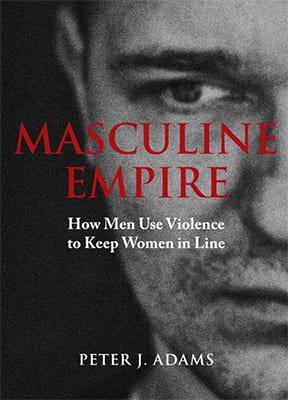Theory and Philosophy in Applied Research
SAGE (London) – Due for publication April 2025
This book explores ways in which common metaphors can play a detrimental role in everyday life; how they can grow in outsized importance to dominate their respective terrains and push out alternative perspectives; and how forms of resistance might act to contain their dominance. It begins by unpacking the dynamics of metaphors, their power and influence and the ways in which they are bolstered by other rhetorical devices. Adams draws on four case studies to illustrate their destructive impact when they eclipse other points of view—the metaphor of mental illness; the metaphor of free-flowing markets; the metaphor of the mind as a mirror and the metaphor of men as naturally superior. Taken together, these examples prompt further reflection on the beneficiaries of these “monster metaphors” and how they promote such metaphors to serve their own interests but also on ways forward for challenging their dominance, strategies for preventing their rise and ways of creating space for alternatives.
Monster Metaphors: When Rhetoric Runs Amok
Routledge (New York) – Published May 2023
This book explores ways in which common metaphors can play a detrimental role in everyday life; how they can grow in outsized importance to dominate their respective terrains and push out alternative perspectives; and how forms of resistance might act to contain their dominance. It begins by unpacking the dynamics of metaphors, their power and influence and the ways in which they are bolstered by other rhetorical devices. Adams draws on four case studies to illustrate their destructive impact when they eclipse other points of view—the metaphor of mental illness; the metaphor of free-flowing markets; the metaphor of the mind as a mirror and the metaphor of men as naturally superior. Taken together, these examples prompt further reflection on the beneficiaries of these “monster metaphors” and how they promote such metaphors to serve their own interests but also on ways forward for challenging their dominance, strategies for preventing their rise and ways of creating space for alternatives.
How to Talk About Spiritual Encounters
Palgrave Macmillan (New York) – Published July 2020
This book develops a new and innovative way of understanding how language is used when people describe their spiritual and mystical encounters. It explores how this characteristically vague way of speaking can be viewed as an intentional and not an incidental aspect of such communications because certain types of vagueness have the capacity to engage the imaginative participation of receptive listeners. This expressive vagueness is achieved by embedding missing bits, or “gaps,” in the flow of what is described and these in turn provide sites for listeners to insert their own content.
Reflecting on the Inevitable
Mortality at the Crossroads of Psychology, Philosophy and Health
Oxford University Press (New York) 2020
This book combines evidence from several disciplinary fields to explore the varying ways each of us engages with the prospect of personal mortality. Chapters are organized around the question of how an ongoing relationship might be possible when the threat of consciousness coming to an end points to an unspeakable nothingness. The book then argues that, despite this threat, an ongoing relationship with one’s own death is still possible by means of conceptual devices, or ‘enabling frames’.
Publisher’s Link Amazon Paperback Amazon Kindle Book Depository
Navigating Everyday Life
Exploring the Tension between Finitude and Transcendence
Lexington Press (Lanham MD) 2018
This book explores the special moments, big and small, that rupture the surface of everyday life and that can help readers adjust to the disrupting effects of major life crises. Peter Adams delves into the two forces, finitude (the aspects that constrain a person to a situation) and transcendence (those aspects that enable movement beyond such constraints). Building on this framework, Adams looks at the processes and circumstances that both facilitate and block the tensions between finitude and transcendence in life challenges such as separation, depression, chronic illness, injury, violence, addiction, aging, death, and forgiveness.
Publisher’s Link Amazon Hardback Amazon Kindle Book Depository
Moral Jeopardy
Risks of Accepting Money from the Alcohol, Tobacco and Gambling Industries
Cambridge University Press (Cambridge) 2016
Tobacco, alcohol and gambling corporations have been highly effective in stalling, diverting and blocking public health measures. This book provides an original and engaging exposé of the ethical issues faced by people and organizations when they accept industry money in ways that facilitate corporate influence with the public and with policy makers. It starts with a detailed examination of the risks of accepting such profits and what might be done to reduce them, then moves on to introduce the concept of a continuum of 'moral jeopardy' which shifts the emphasis from accept/not accept binaries to a focus on the extent to which people are willing to accept funding. This shift encourages people to think and speak more about the risks and to develop clearer positions for themselves.
Publisher's Link Amazon Hardback Amazon Kindle Book Depository
⇒ More on Unhealthy Commodity Industries ⇒ Description ⇒ Reviews
Masculine Empire
How Men Use Violence to Keep Women in Line
Dunmore Press (Auckland) 2012
This book provides a unique insight into the ‘masculine empire’ of superiority and entitlement. It shows how men approach intimate relationships, their allegiance to their like-minded male friends, and the role their beliefs play in bolstering each other’s need to be in charge of their women and their homes. It flips explanations for violence from what is happening in the minds of individual men to a broader exploration of the social world of men. It illustrates what can happen to both men and women when male oppression goes too far and looks at options men might take for turning away from their controlling and violent behaviour.
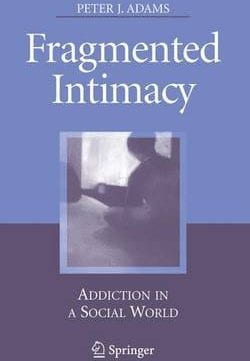
Fragmented Intimacy
Addiction in a Social World
Springer (New York) 2008
This book transcends familiar concepts of addiction by focusing not on people affected in isolation but in terms of the social contexts that they inhabit. It examines in depth how an addictive relationship disrupts social identity, becoming dominant in a person’s life and leading thereby to a weakening of connections to family, friends, workplace, and community. It outlines how ending such addictive relationships requires the long-term re-engagement with multiple and reciprocating relationships. It outlines how a social approach could be applied in both service and community settings.
Publisher’s Link Amazon Paperback Amazon Kindle Book Depository

Gambling, Freedom and Democracy
Routledge (New York) 2007
As a consequence of the rapid proliferation of commercial gambling in Western-style democracies, governments and communities are encountering a complex array of economic, social and cultural harms associated with this expansion. This book focuses specifically on harms to democratic systems. It examines how people with key roles in democratic structures are vulnerable to subtle influence from the burgeoning profits of gambling. It argues that governments have a duty of care to protect their own democratic processes from subtle degradations and that independence from the gambling industries needs to be proactively built into public sector structures and processes.
Publisher’s Link Amazon Paperback Amazon Kindle Book Depository

